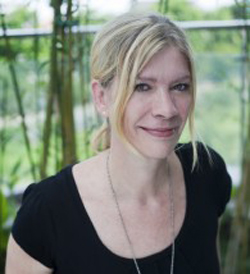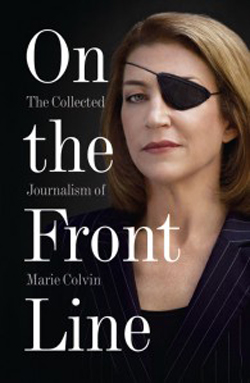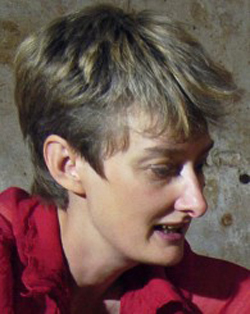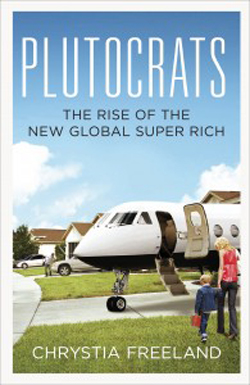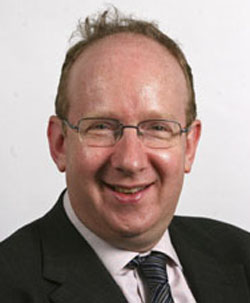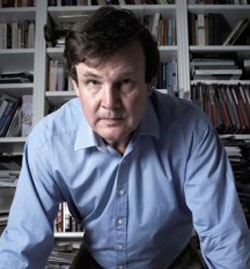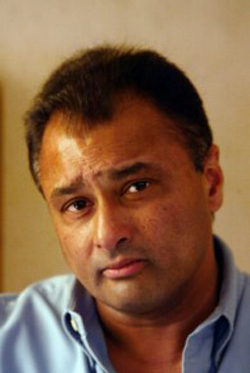
Kim Sengupta is the Defence and Diplomatic Correspondent of The Independent. He covers international and domestic news and his extensive reporting from around the world has included many of the major conflicts in recent times.
Submitted articles
‘You can only patch up people for so long. Most of the seriously injured we can’t save. The only way to end this is to defeat Assad’
‘What will happen to us?’: Loyalists fear rebel attacks
The people who live here have fled. Only the fighters remain
‘We left Homs because they were trying to kill us. They wanted to kill us because we are Christians’
US ‘was warned but did nothing’
Misrata speaks: No more Gaddafis




